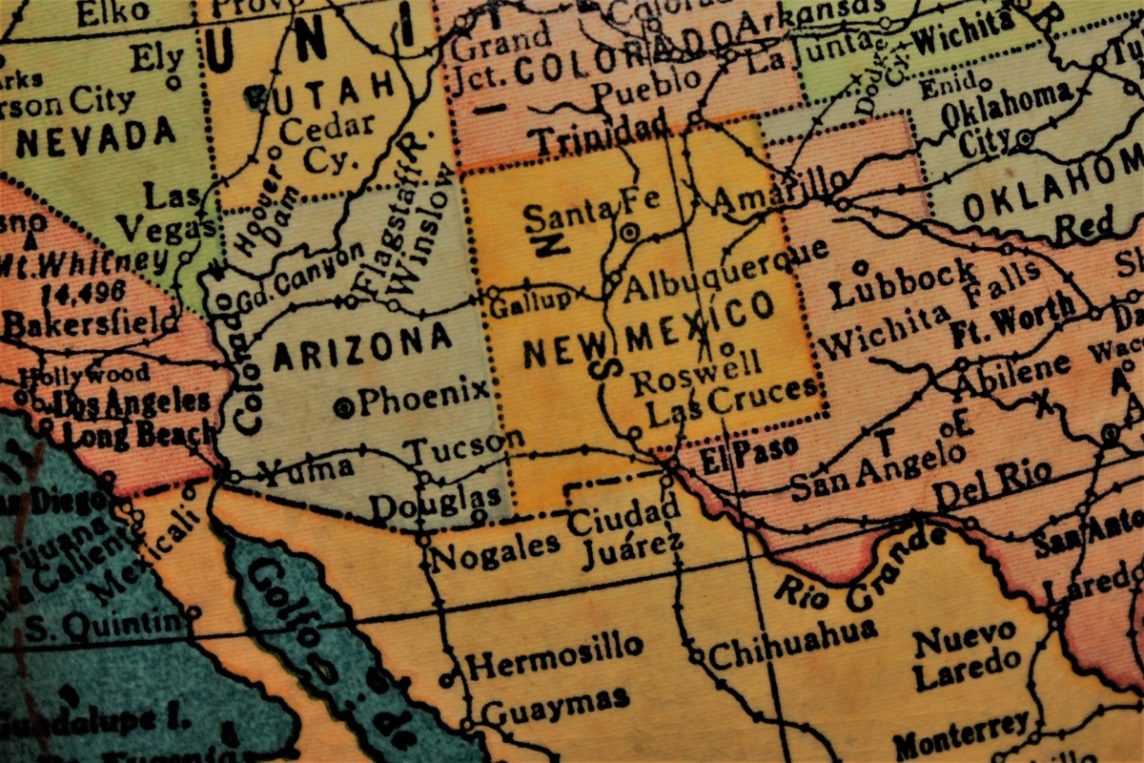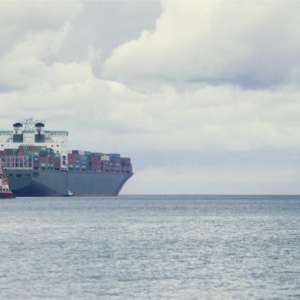In the famous nursery rhyme, “for want of a nail, the kingdom was lost.” At the US-Mexico border, a similar story is playing out: for want of a mere 750 customs officers, supply chains are in crisis, in industries ranging from agriculture to automotives. When the Trump administration reassigned 750 border agents to process the surging numbers of migrant families and asylum seekers at the border, they inadvertently created another crisis. The personnel shortage at ports of entry has led to surging wait times for truckers, exacerbated by tight capacity, an early peak season, and worried shippers trying to move as much freight as possible.
Every day, $1.7 billion dollars of goods passes between the US-Mexico border, but in recent weeks, that passage has slowed to a crawl. According to US Customs and Border Protection (CBP), trucker wait times at El Paso have skyrocketed from 50 minutes to seven hours, and it’s the same story at every other port on the border. Truckers are trapped in lines that stretch for miles, often forced to sleep in their cabs. The delays are costing businesses millions of dollars per day, and those costs are already being passed on to consumers. On April 2, the price of Hass avocados spiked 34% as a result of delays and importers placing large orders due to border anxiety.
Border congestion is coming at a particularly unfortunate time, given that Mexican trucking capacity is already tight. New hours of service (HOS) regulations for truckers in Mexico have led to double digit capacity drops, according to JOC. The upcoming Easter holiday and an early peak season for Mexican produce already fostered unusually high demand. Now, shippers worried about border delays (and possible closures) are ramping up orders, putting even more stress on an already overtaxed system.
The border crisis reached a boiling point when President Trump repeatedly threatened to close the border entirely, despite the massive impact on the economy of cutting off our third largest trading partner. “Security is more important to me than trade,” Trump said. “So we’re going to have a slower border or a closed border.” However, the reaction to the threat of a total closure was swift, even from members of the President’s own party. Mitch McConnell said such a move “would have a potentially catastrophic economic impact,” and Neil Bradley, chief policy officer at the Chamber of Commerce, argued that “even threatening to close the border to legitimate commerce and travel creates a degree of economic uncertainty that risks compromising the very gains in growth and productivity that policies of the Trump Administration have helped achieve.” Business leaders were just as quick to react, and 18 trade associations sent a letter to the White House to “express serious concerns” and warn that a completely closed border could shut down the auto industry within a week.
It would seem that public outcry was effective in preventing a border closure, since Trump has since walked back those threats, and offered to give Mexico a year to stem the tide of migrants. However, the personnel shortage at the border is still doing enormous damage, and shippers and brokers are in need of immediate solutions. According to Reuters, some auto parts and medical equipment manufacturers are contemplating a shift to air freight. That’s an option nearly as expensive as the delays themselves, however, and for shippers of bulky goods, it’s simply unfeasible.
One promising idea, floated by the US Agriculture Transportation Coalition, is the implementation of the Customs-Trade Partnership Against Terrorism program (CTPAT) on the southern border. This would create an expedited lane for “known shippers” to pass through without lengthy inspections, which could go a long way toward relieving congestion. The most effective solution might be simply hiring more CBP personnel to handle the unprecedented influx of asylum seekers, without taking inspectors off their economically critical work moving freight through the border. Clearly, rapid action is needed, but on April 4, CBP told shippers to expect delays “for the foreseeable future.” The agency reportedly plans to reassign some agents from airports and the Canadian border, but the wheels of bureaucracy tend to turn even more slowly that those of the congested trucks. Until these ports are adequately staffed, industry groups are warning of delays and even shortages of Mexican products, particularly agricultural products. And the rushed and understaffed inspection process may be a security threat all its own. According to Lance Jungmeyer, president of the Fresh Produce Association of the Americas: “We’re only making our ports of entry less secure. We’re encouraging bad players to take advantage of the ports of entry. We need to get customs officers back on line at the ports.”
Red Arrow Logistics has the scale and scope to meet the budget and schedule requirements of the largest and smallest companies alike. If we can be of assistance, please email me at liz.lasater@redarrowlogistics.com or give us a call 425-747-7914



